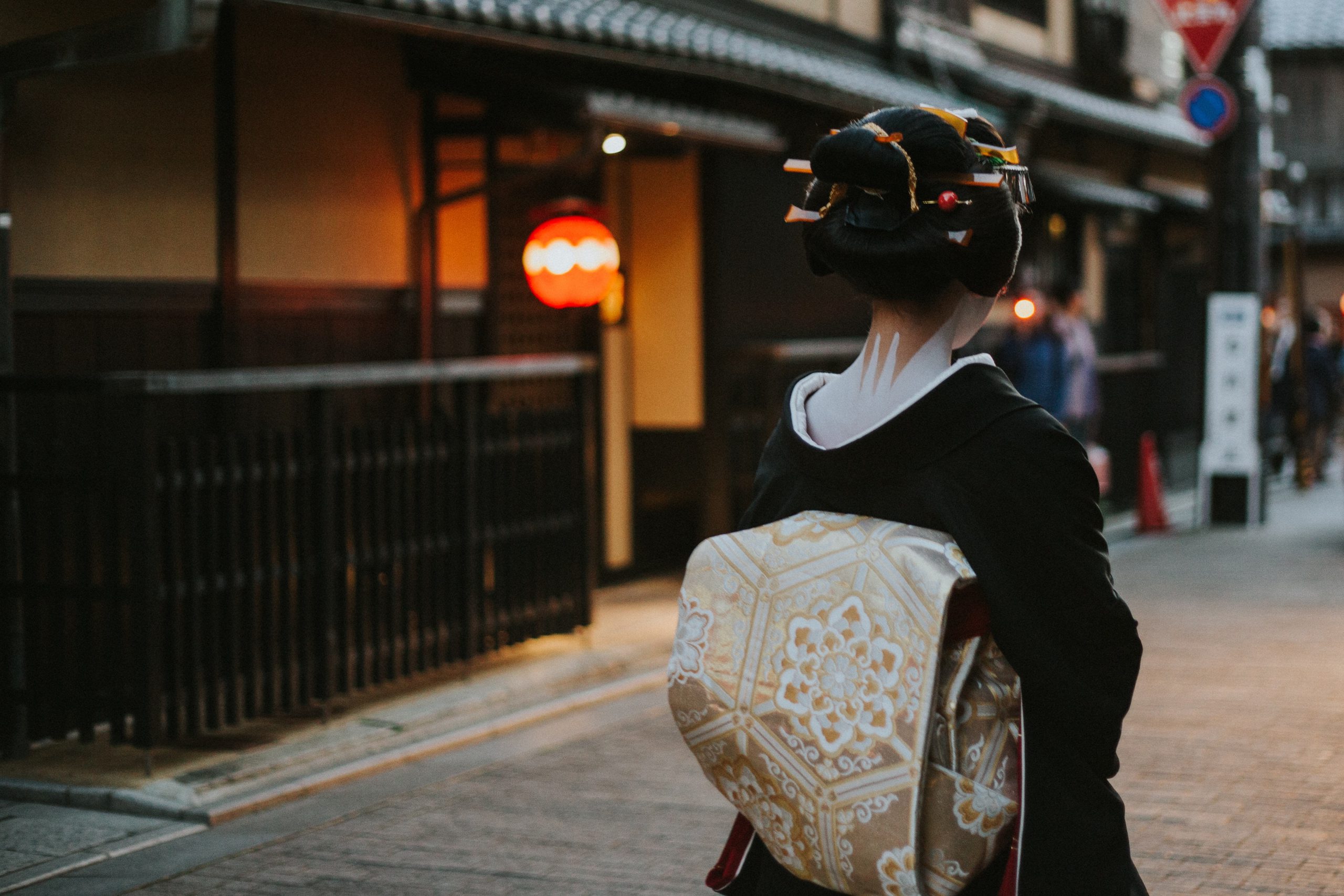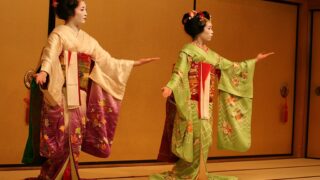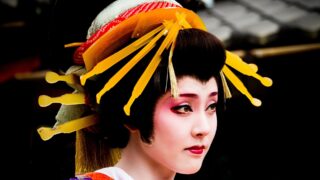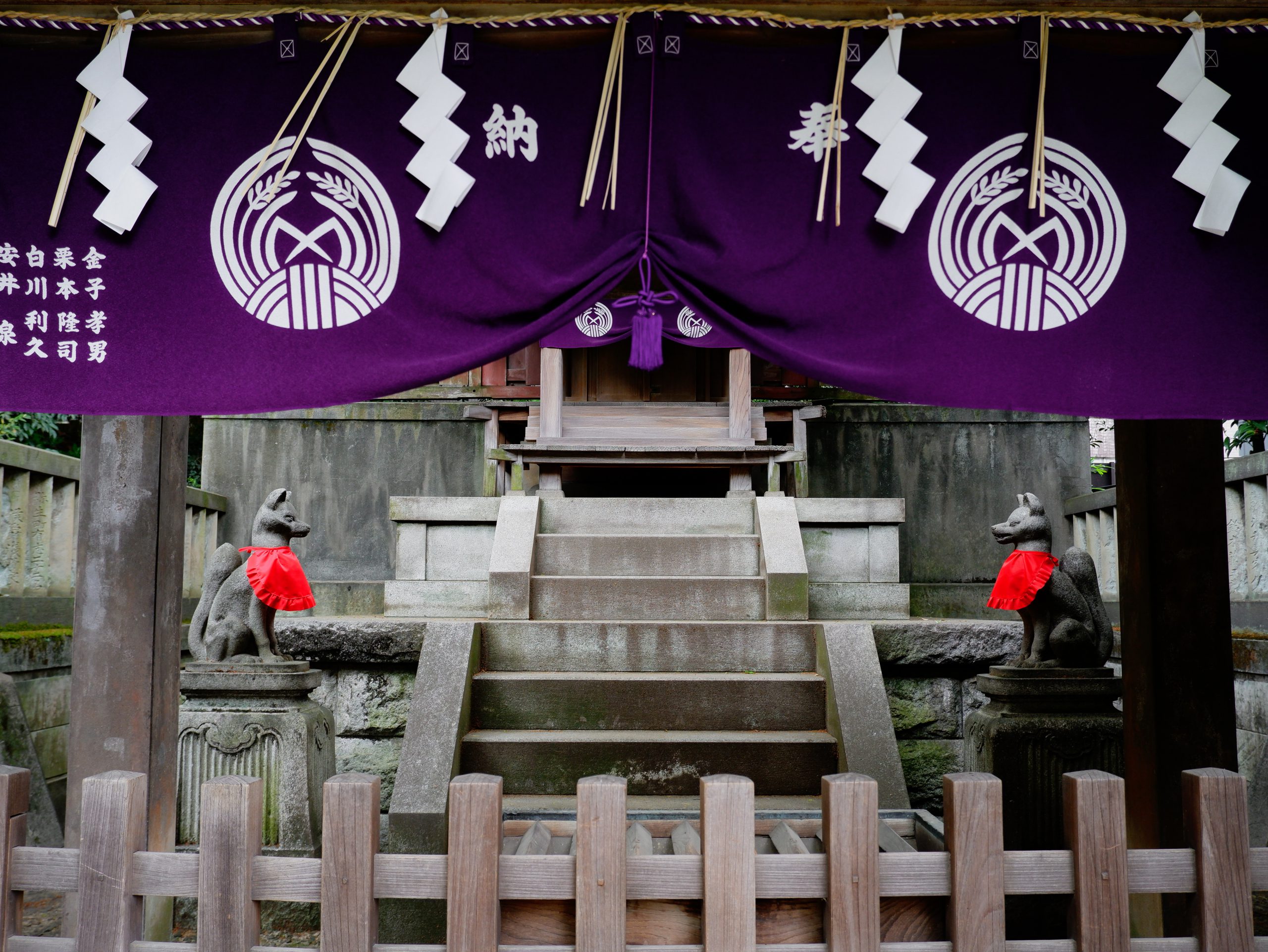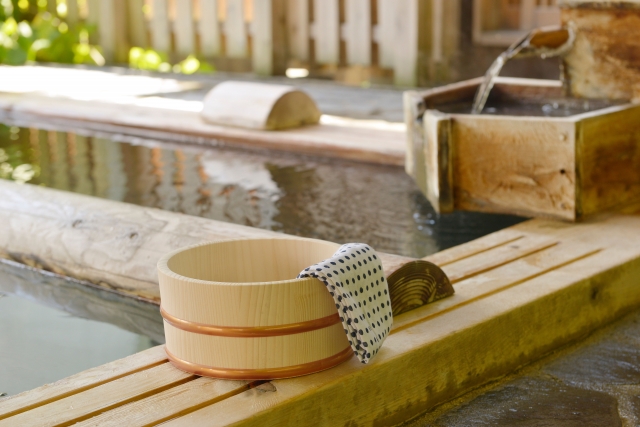
Bryce was born in California, but raised from the age of 3 near Seattle, Washington. He’s been living in Tokyo for about 8 years, and graduated from Temple University, Japan with degrees in economics and international business. He loves traveling of course, but also cooking, snowboarding, some video games as well. His biggest interest is songwriting/music production, more specifically electronic music (think Skrillex, Marshmello, Deadmau5, etc.), officially released under his name, Bryce Crowe. He also has terrible humor as you’ll notice, but he hopes you’ll enjoy it!
This post may contain some affiliate links. When you click through and make a purchase we may receive some commission, at no extra cost to you.
Japan undoubtedly has a distinct culture full of iconic themes, elements, and long lasting traditions. The likelihoods of sumo, samurai, ninja, and geisha, among others, certainly come to mind quickly when people think “Japan.” All of these are symbolic to the heritage and have dynamic histories and captivating stories. Geisha are certainly easily recognizable with their elegant kimono, stark-white makeup, and elaborate hairstyles. As prolific as their image is, it’s often misunderstood what their profession is and how it has developed over the centuries. Often assumed to be courtesans, geisha are actually quite different as “gei” means art and “sha” means someone who does. Basically, they are more like private entertainers and purveyors of Japanese traditions; they sing, dance, play instruments, converse, and perform other arts for their audiences. Their roles are quite unique and don’t really have a western counterpart to compare to, so let’s dive into the details of what geisha are and where they can be found today.
In case you want to skip the article and learn first hand, consider this incredible interactive tour in Gion, the main geisha town in Japan!
Meet a Geisha in Kyoto: Guided Walk in Gion and Enchanted Time with Maiko
The History of Geisha
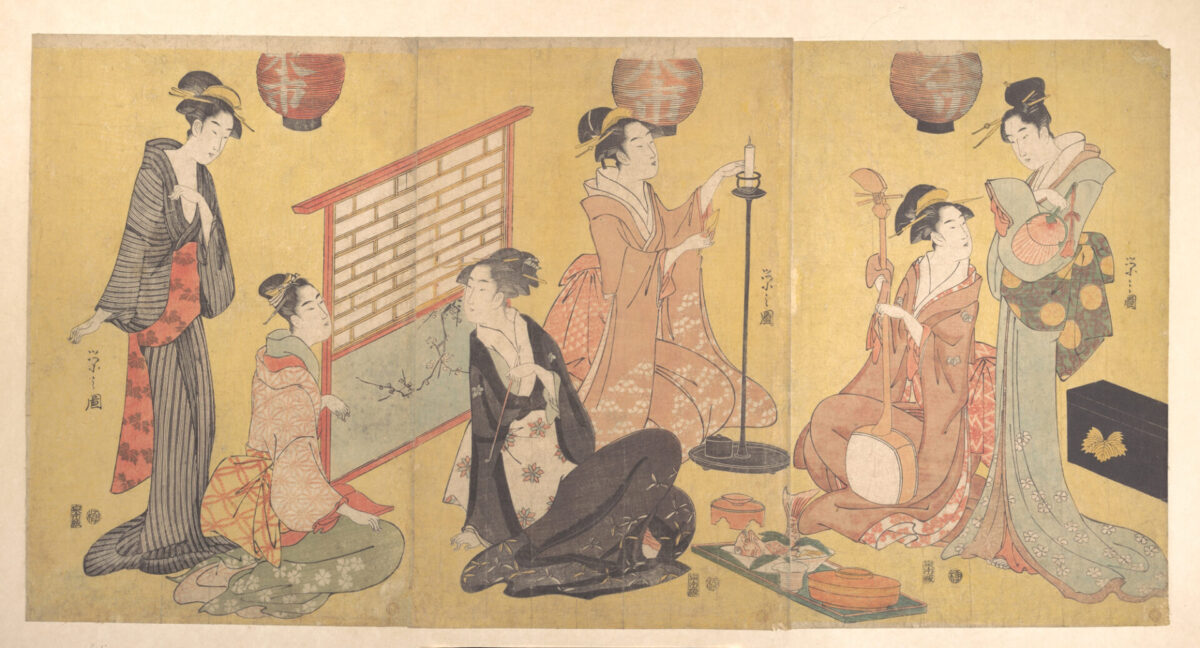
Geishas of the past hardly resemble the modern geishas seen today. The first “geisha” appeared in the 13th century and were originally men known as “taikomochi”. These men acted as both advisors and entertainers for their lord. By the 16th century, they became more akin to storytellers, focusing on creating conversation and inciting humor. Around the 17th-century women started becoming geishas. By the 1750s, female geisha began to outnumber the men.
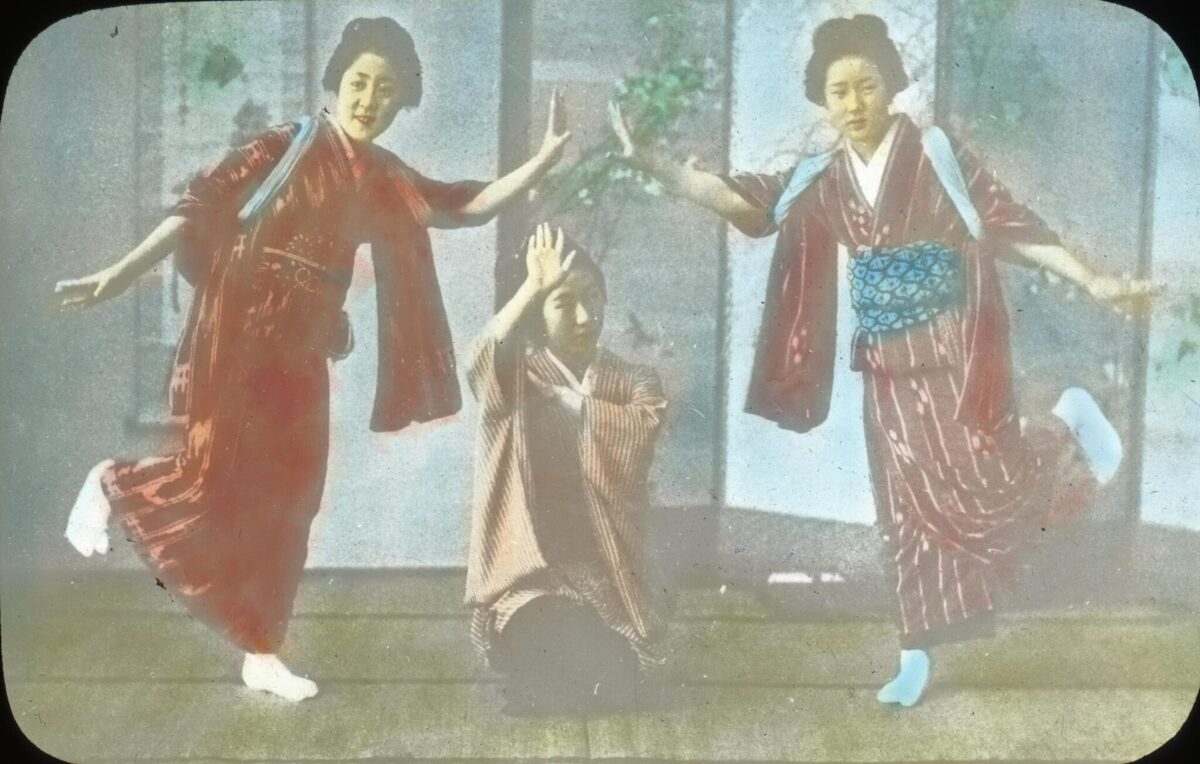
Perhaps the misconception that geisha were courtesans is linked to their roles of being assistants to oiran, who were high class courtesans during the Edo period from 1603-1886. Oiran were in fact high class courtesans who lived in the pleasure quarters of the cities, yet they began to be replaced by geisha in the early 1800s despite the regulations that had been set in place preventing geisha from having personal relationships with customers. Geisha were cheaper and more accessible which contributed to their rise in popularity; about 80,000 were present throughout Japan in the 1920s. Today they are vital to upholding Japanese traditions, history, and culture, and their diligent training starts as early as the age of 14 and takes more than 5 years to become a geisha, officially.
Geisha in Training
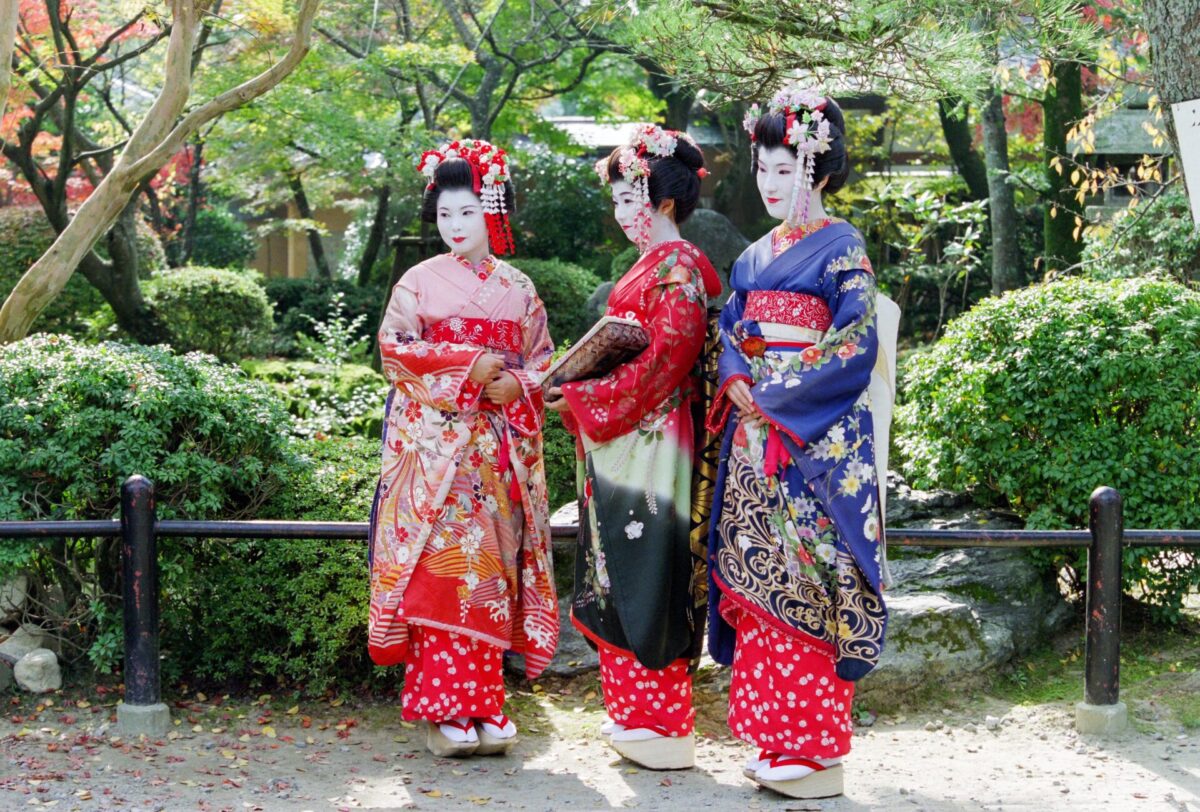
The aspiring girls must board at a house called an “okiya” where they will live and train amongst each other under the guidance of their headmaster or “Okaa-san” (lit. “mother”). Here they will learn a large variety of behaviors, dances, and other performances. When the training starts, the girls receive the title of “shikomi,” which lasts about 3 months to a year and is followed by a short stage called “minarai” lasting only 2 weeks to a month. After that, they receive the title of “maiko” which is the longest stage lasting about 2-6 years. After a maiko is 20 years old, she is able to become a geisha at the discretion of the Okaa-san; there is no official test to determine this transition.
Makeup
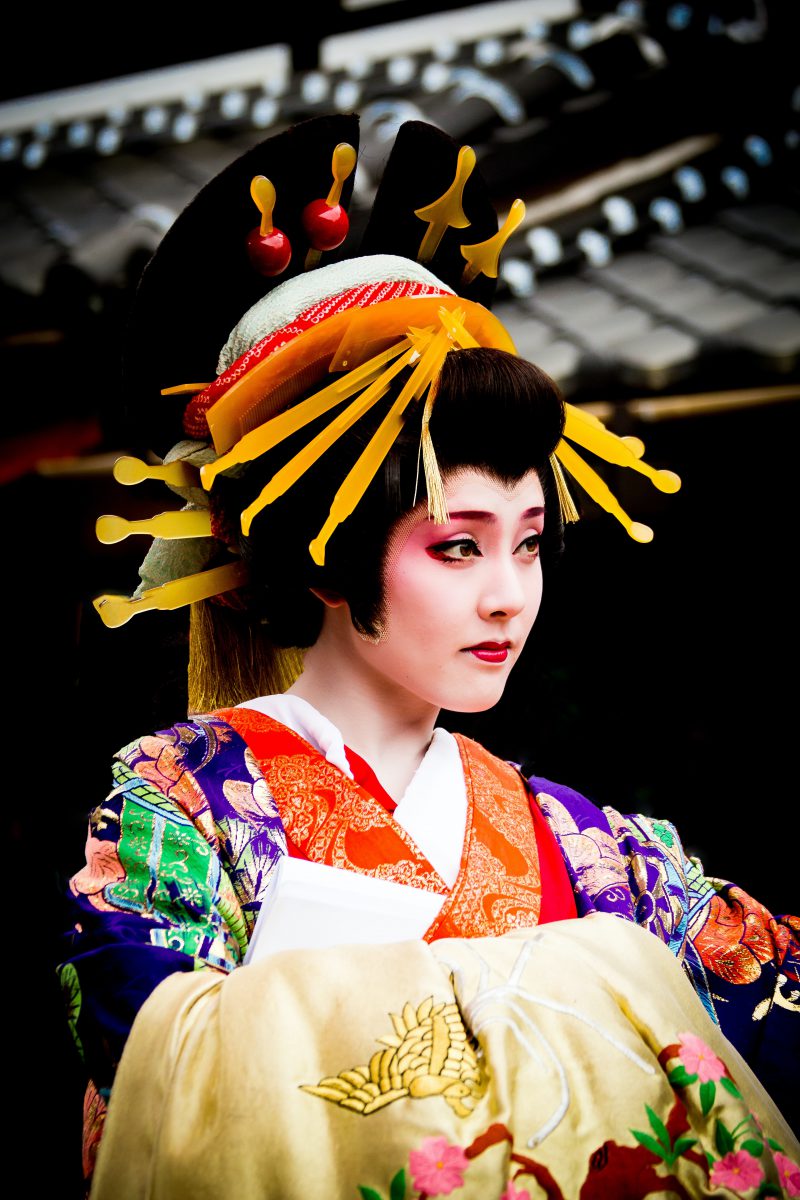
While their style of solid white with red accents is simple, it is actually a very difficult process that is a feat to perfect and takes hours every time it’s applied. The white base is actually a white powder called “oshiroi” and is mixed with water to create a paste. The back of the neck is not fully covered in oshiroi, and features 2 or 3 lines to accentuate this traditionally erotic area. Light pink powder called “tonoko” is used for contouring, especially around the nose and eyes. Eyebrows are painted black, and sometimes geisha shave them off to make the process easier.
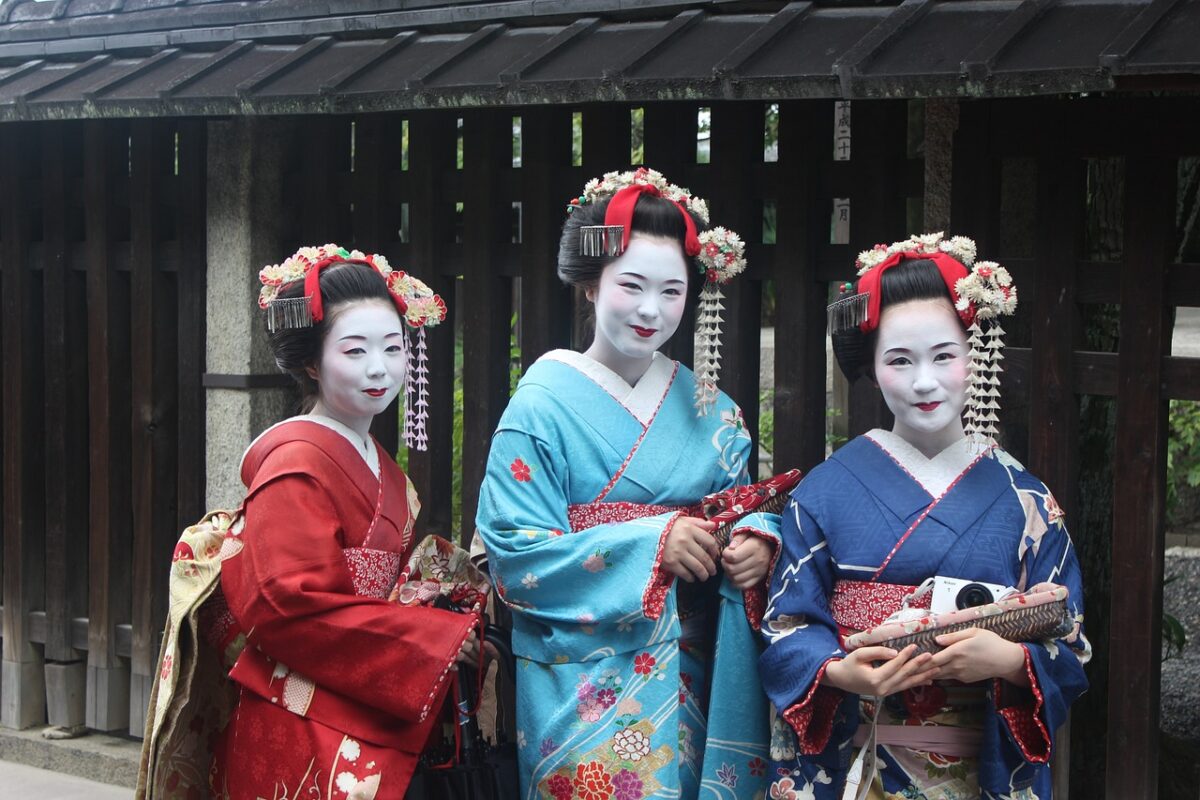
The lips are painted with a red paste called “beni,” and it is applied differently depending on age. Younger maiko only have their lower lip painted to make them appear more innocent, while older maiko as well as geisha have both painted to show maturity. The whole process takes up to an hour and is done before the kimono is put on to avoid it getting dirty.
Hair
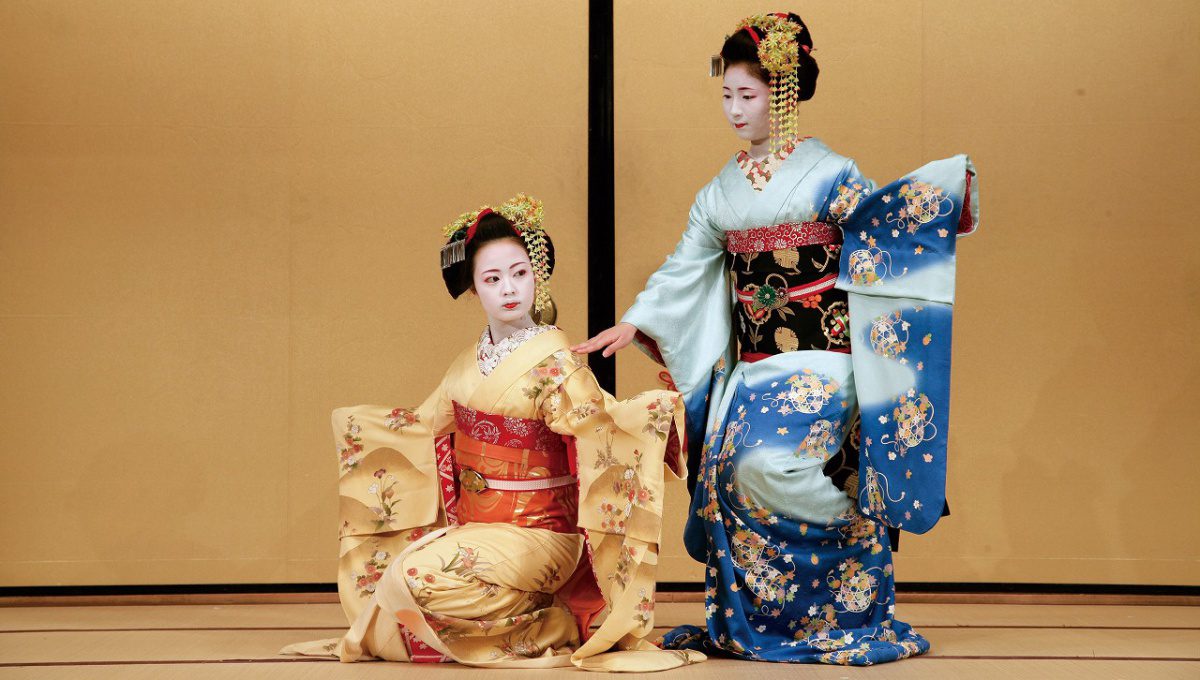
A geisha’s hair is just as intricately prepared as any other part of the appearance, with a myriad of different styles and ornaments. Much like the lipstick and other things, the age and status affects how the hair is styled and prepared. Geisha actually wear wigs, whereas maiko are required to use their own hair. at a point in history, the supplies for making wigs became scarce, so what was available was used for the higher-level geisha. Using their natural hair is quite a feat as it takes hours to style, they cant wash it for a week at a time, and requires a special pillow while sleeping. The styles also vary, the first is called “Warenoshinobu” that a maiko will wear for the first 2-years until they switch to “Ofuku”.
Geisha will have their wig styled in the “Geiko Shimada” style. The ornaments called “kanzashi” are also very important; they are carefully placed and chosen specifically to reflect the geisha’s status or the season. For example, plum-themed ornaments are used in February, while sakura-themed ornaments are reserved for April.
Kimono
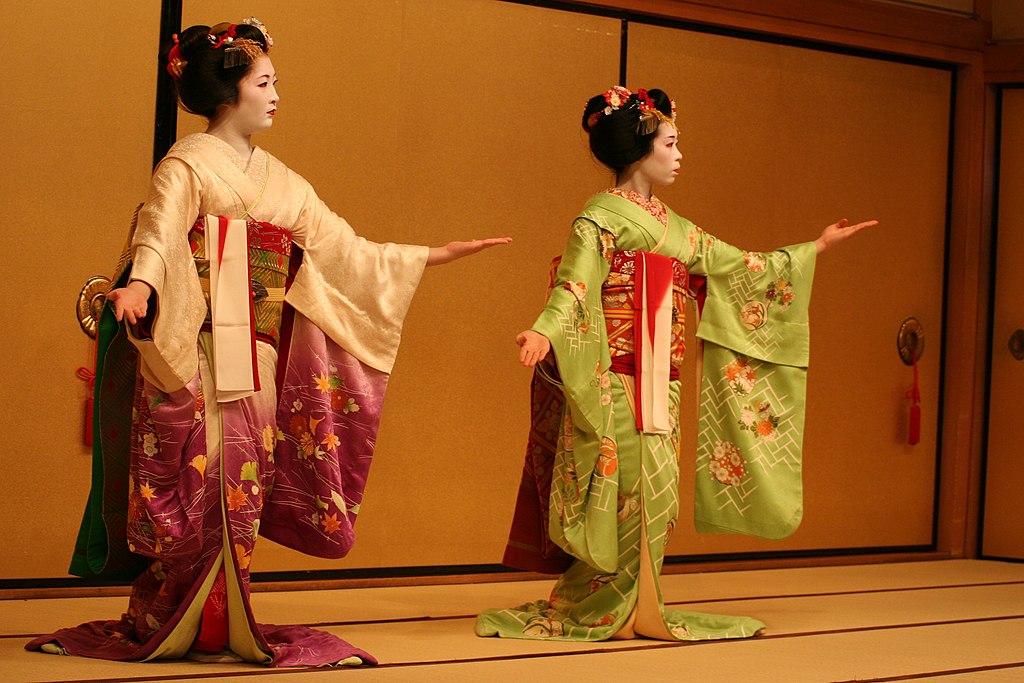
Maiko and Geisha wear kimono that are different from typical kimono that women wear in Japan. There are actually a variety of different types of kimono, all used for different situations. Geisha and maiko almost always wear the type called “hikizuri,” named for the trailing skirt style and its length. These also feature a collar that droops down further behind their neck as this area of the body was historically a sensual focal point. They are also known to have a long, flowing style to accentuate the elegance. Though, the appearance of the kimono also varies quite distinctly between geisha and maiko.
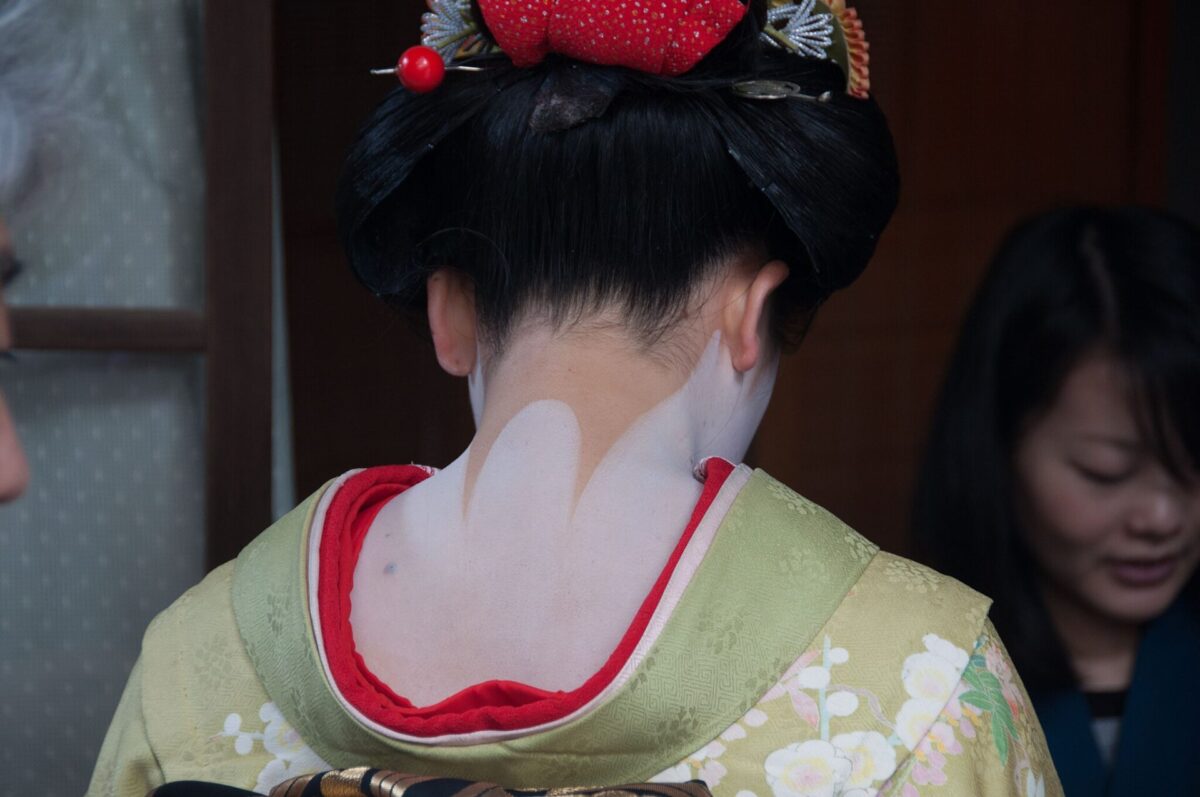
You may notice that the lining, called “nagajuban” (especially seen behind the neck) is either white or red; red indicates the woman is a maiko and white indicates they have graduated and become a geisha. Maiko also usually wear much more vibrant designs and colors with very long sleeves, both to grab attention and to signify their immaturity or innocence. Geisha wear much more subdued yet elegant varieties to show their maturity and sophistication and they are even less extravagant than many kimono you may see worn aside from maiko and geisha. Another difference between them is the obi, or belt/sash that wraps around the middle of their body and is affixed decoratively on their back. Maiko will have a much longer, heavier, and more elaborate style, whereas geisha will have a shorter (about half) and lighter style.
If you want to try on a kimono and explore the city in it, check out the kimono rental shops located in popular tourist areas including Kyoto, Tokyo, Osaka, and more!
▶Kimono Rental wargo
Where to See Geisha Today
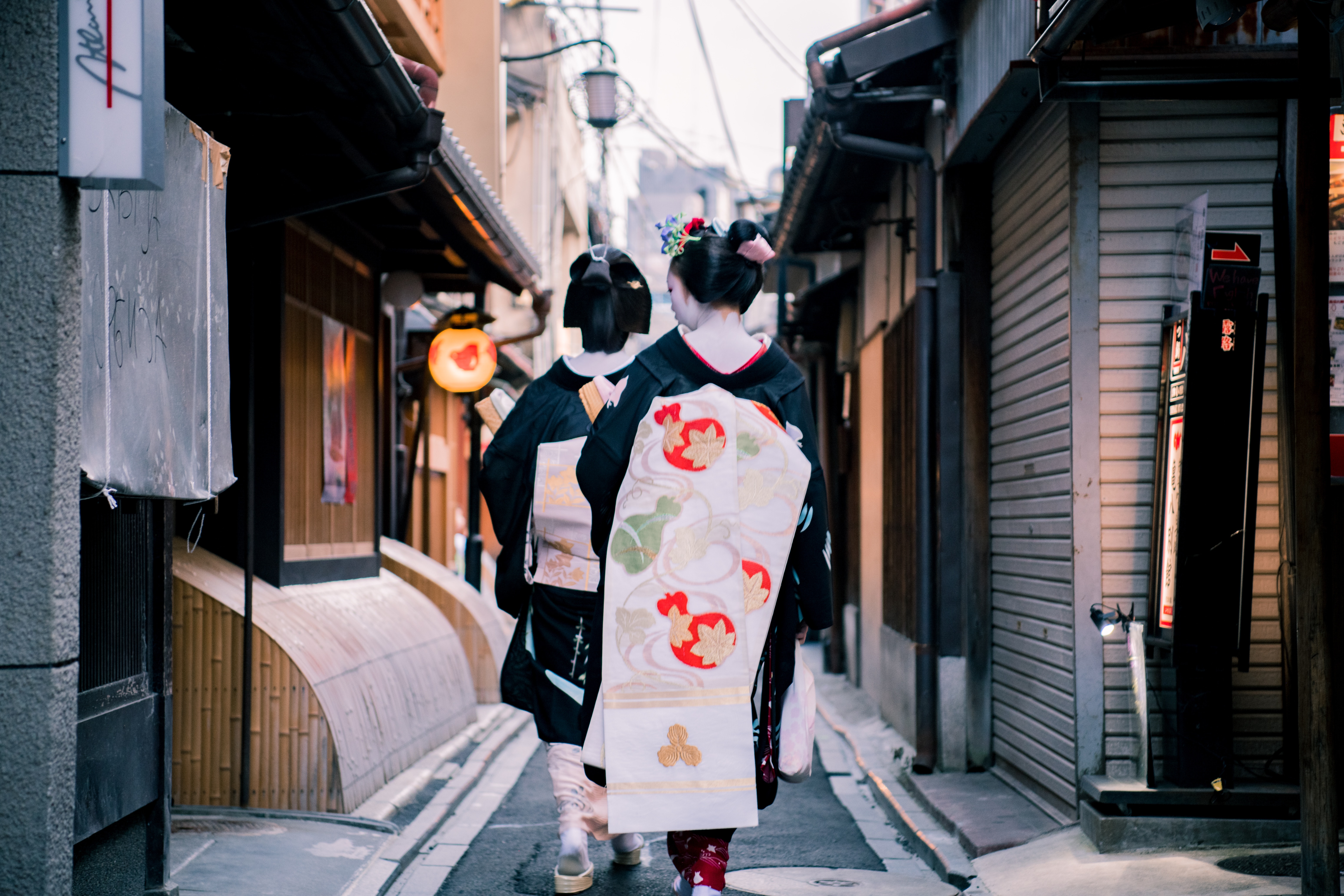
In contrast to the staggering 80,000 geisha that graced Japan in the past, only about 1000 geisha are traditionally performing and entertaining today. Most of them work in Kyoto, where they are actually called “geiko.” They can be found in Tokyo and Kanazawa, but Kyoto is clearly the most prestigious and has the strictest practices. In Kyoto, there are 5 “Hanamachi” (lit. “flower city, meaning a geisha district); 4 of which are located in the Gion area, which is regarded as the geisha “capital” of Japan. Hanamachi ” are where the okiya are found, as well as “ochaya” (tea houses) and “ryoutei” (high class, traditional restaurants) where they perform and entertain.
The ochaya and ryoutei are extremely selective with their clientele and only allow trusted individuals in; it’s not uncommon for the establishments to only accept customers that are connected with already trusted customers. In some cases, the customers are not actually billed at the end of the experience, rather they are billed monthly in the form of a tab that includes the room costs, taxi costs, as well as food and costs of the geiko’s services. A word to the wise: as a visitor, you must be very respectful to any geiko or maiko you may see. In recent years, complaints of tourists behaving inappropriately towards geiko and maiko have been increasing rapidly. In order to protect their heritage and livelihood, be sure not to disturb them as they go about their business.
Conclusion
We hope you’ve learned about who geisha are, what they do, and how such a livelihood has come to be. Japan has a precious heritage that spans across many customs, professions, art, and traditions, each with their unique characteristics and depth. Geisha especially are experts on various types of Japanese traditions and customs; interacting with them is a privilege and an eye opening experience of Japanese culture. These fascinating individuals have dedicated precious time into their profession and are highly respected by locals, so be sure to join them and show your respect as well! You’ll certainly be lucky to be able to enjoy an authentic geisha experience!
Japan Wonder Travel Tours in Kyoto
When you are visiting Kyoto and you need some help organizing your trip, you came to the right place. We’re happy to help you make your trip to Kyoto the best trip ever. We can advise you on where to go or even better, show you around with a local, English speaking guide. Let us help you create safe, comfortable, and unforgettable memories in Kyoto!
▶Kyoto 8h Private Custom Highlight Tour with Licensed Guide
On this full-day private tour of Kyoto, you will be able to see the highlights of Kyoto in just one day and at the same time develop a deeper understanding of both the culture of the area and Japan as a whole.
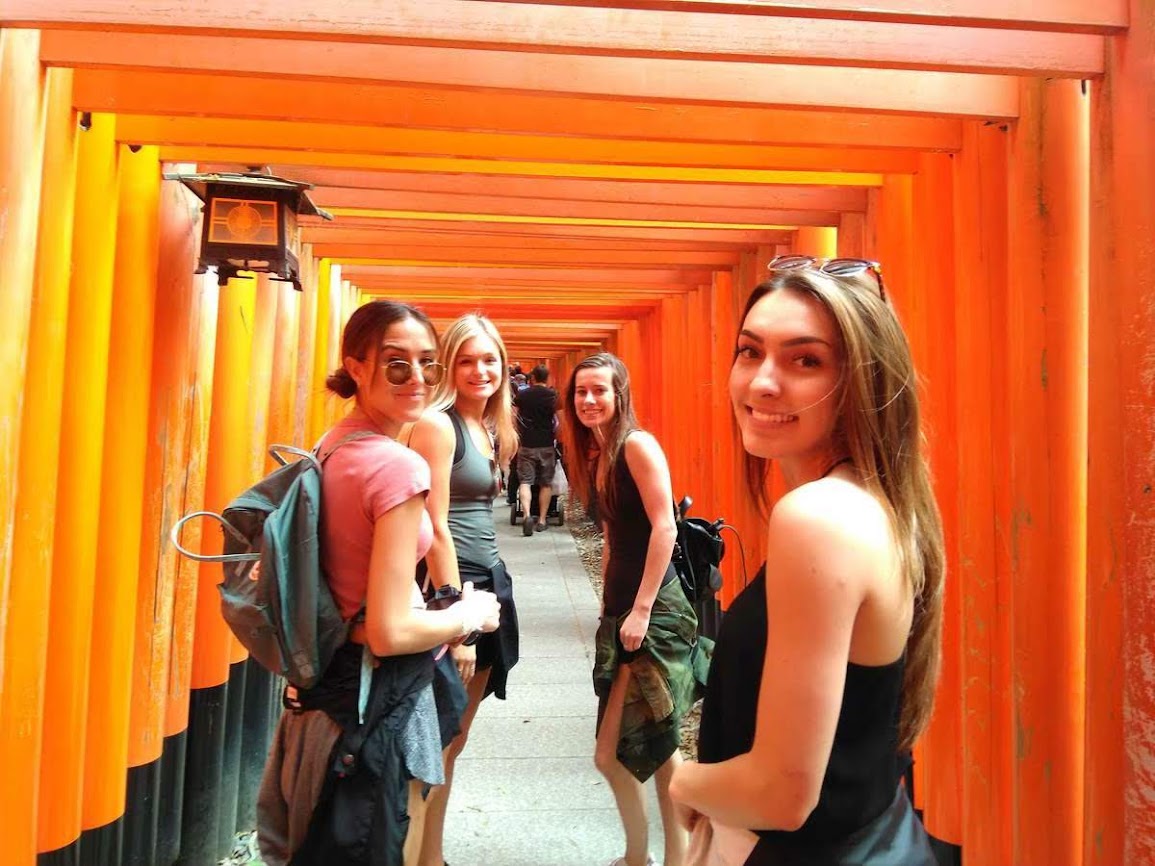
▶Meet a Geisha in Kyoto: Guided Walk in Gion and Enchanted Time with Maiko
Meet a Maiko, a geisha in Kyoto, and enjoy a walking tour in Gion, the geisha district. See an authentic Japanese tradition unfold before your eyes that has existed for hundreds of years. You’ll have chance to take a photo with Geisha!
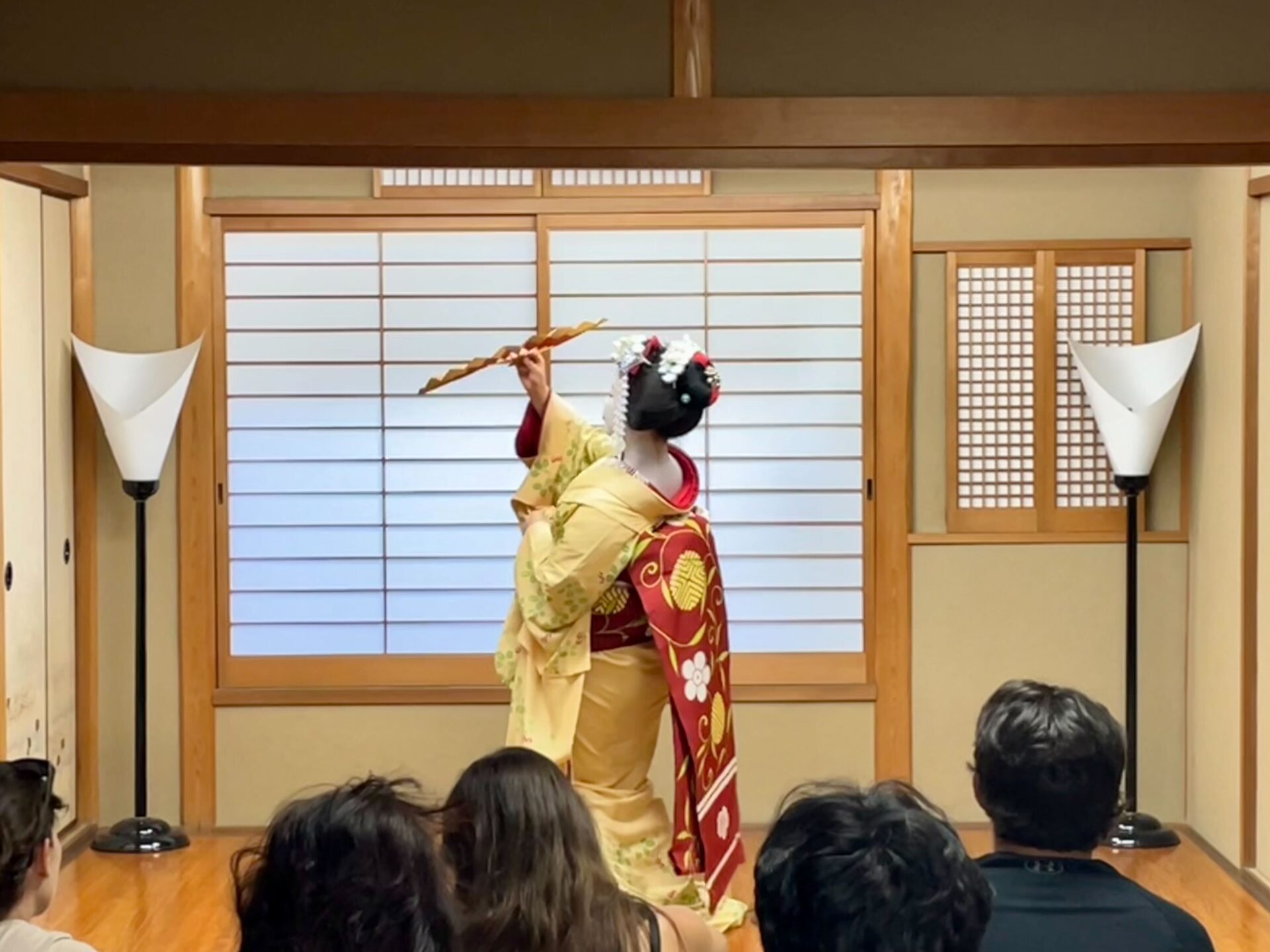
▶Explore Nishiki Market: Food & Culture Walk
If you’re looking to learn more about the culture and the local cuisine of Kyoto, this is the perfect tour for you! Take part in this Kyoto food and drink tour and explore the 400-year-old market and the famous surrounding areas.
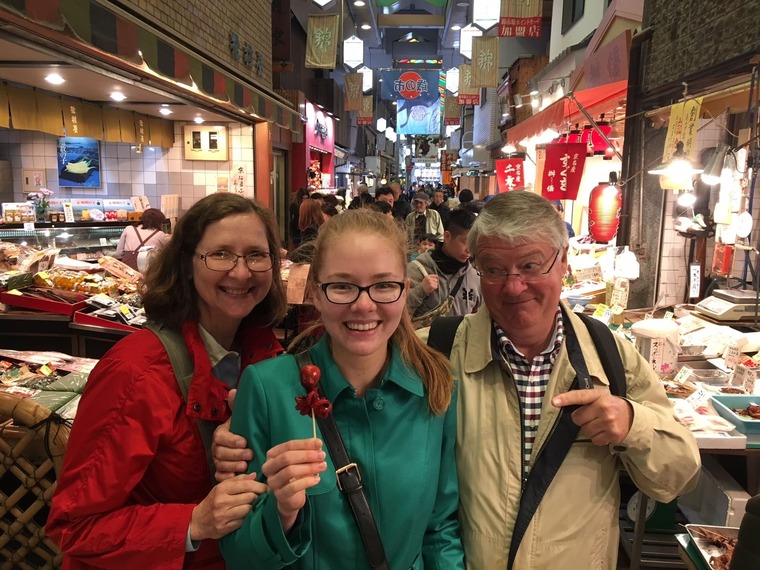
▶Kimono Experience
Kyoto is the best city to explore in kimono, Japanese traditional clothing. You can choose the one you like the most from several patterns and colors at the rental shop. In Kyoto, two locations are both accessible from the main tourist attractions which makes it easy to try it on and explore the city for a day!
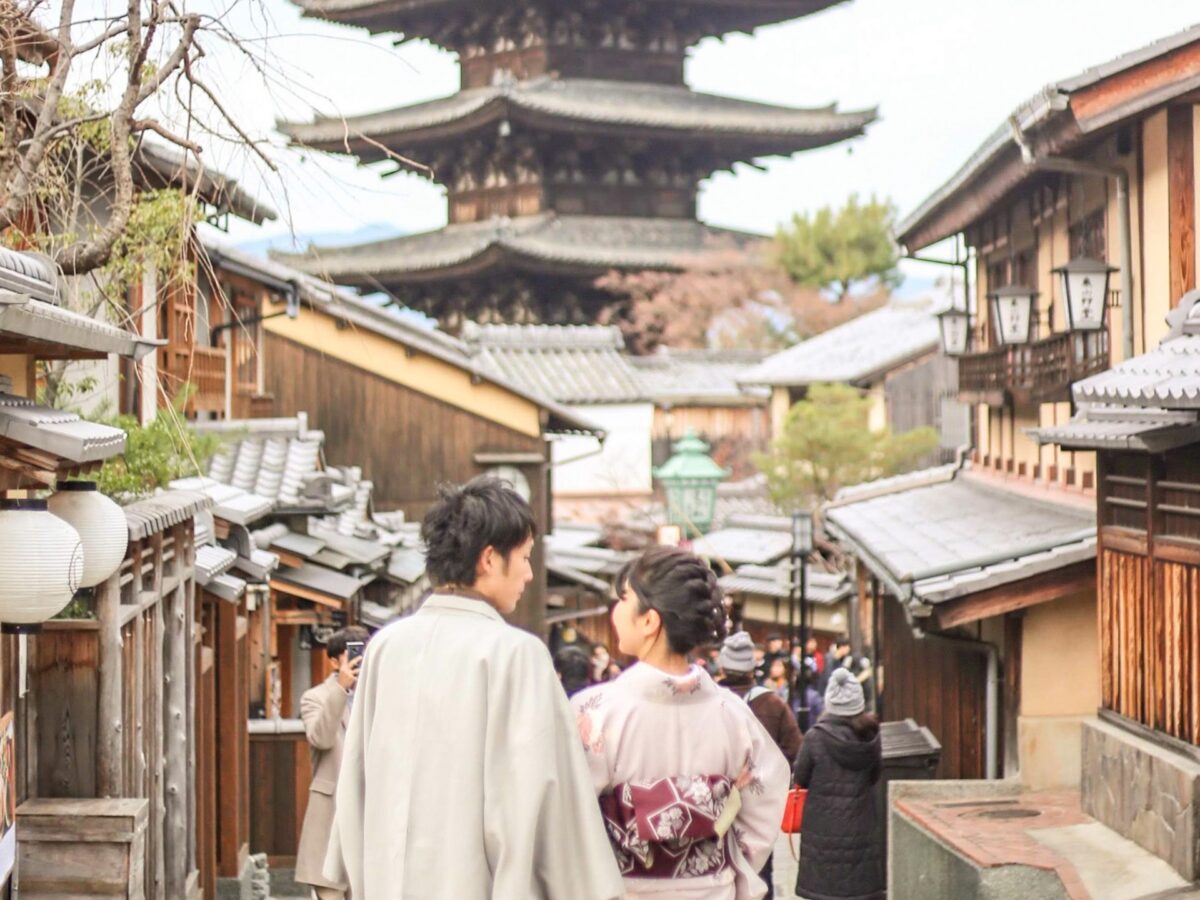
Follow us on Instagram, Facebook, Twitter, and TikTok for more travel inspiration. Or tag us to get featured!
Happy traveling!
